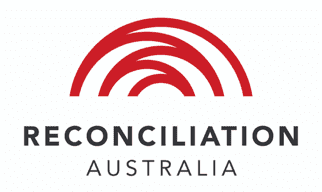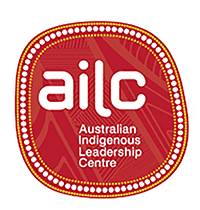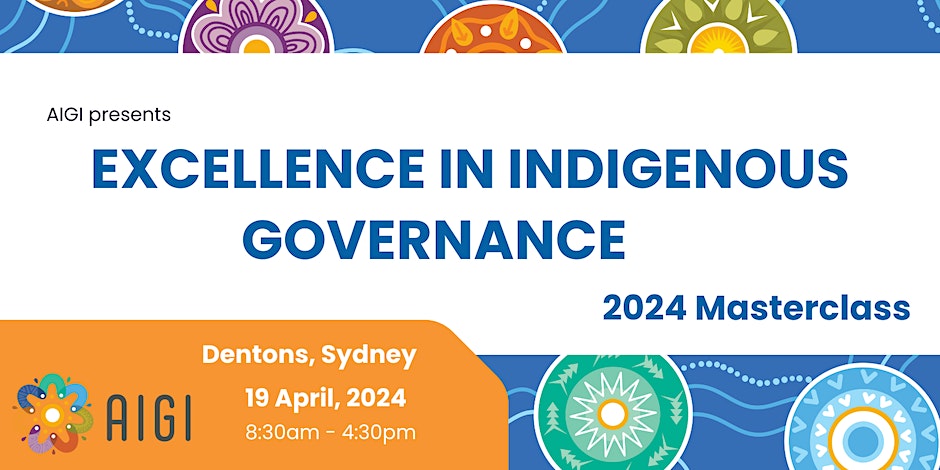Get ready to level up your skills in Indigenous governance at our highly anticipated Excellence in Indigenous Governance Masterclass!...
We've developed the Indigenous Governance Toolkit as an online resource to help Indigenous organisations, communities, nations and individuals build, strengthen and evaluate their governance.
Each section in the Toolkit focuses on a different element of governance. What’s covered includes your culture, values, leadership, decision making, rules and membership.
You’ll find examples of successful governance from other Aboriginal and Torres Strait Islander groups, resources to help you evaluate your own governance, and useful guidance to sustain you along the way.
Winners and finalists of the 2022 Indigenous Governance Awards share how they work for their community. They talk about navigating two-way governance and staying accountable to their members, community and wider environments.
The Toolkit is a free, public-access document. You can use the Toolkit in many different ways, depending on your circumstances and needs. You can explore it individually or as a group, and at your own pace.
Read the Toolkit just like a book, or jump to whichever topic interests you.
Use the Toolkit to customise your own strategies and solutions.
Use the check-up resources throughout the Toolkit to see how you are going.
Download or print out sections of the Toolkit as you need them.
AIGI connects Indigenous groups, individuals and organisations to world-class best-practice expertise and knowledge

Contact Details
BHP FOUNDATION

RECONCILIATION AUSTRALIA

ANNAMILA PTY LTD

THE AUSTRALIAN INDIGENOUS LEADERSHIP CENTRE
Got Questions?
Help us understand your needs to build a stronger tool for the community.






.png)


